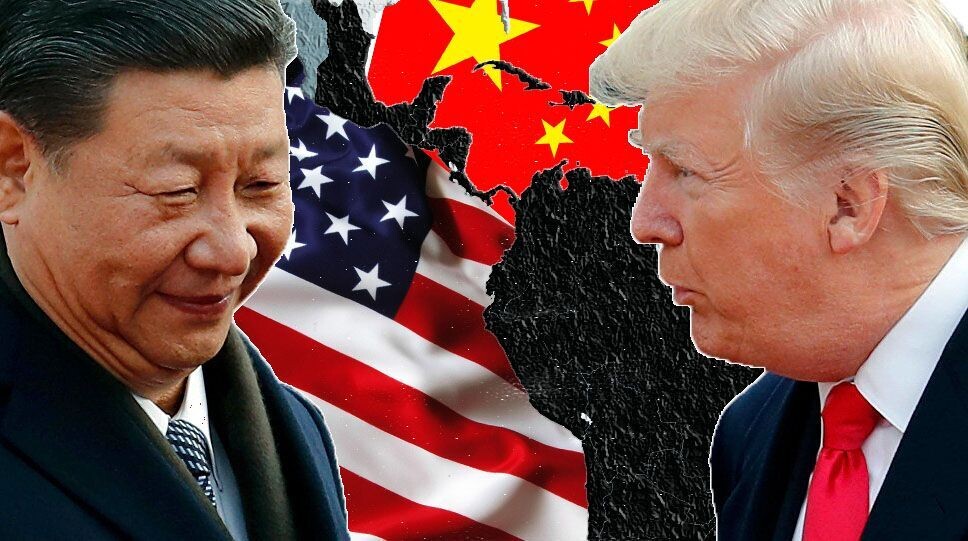
The purpose of annexing certain territories is related to the control of trade and the resources necessary to ensure a competitive advantage in future industries. Donald Trump has expressed interest in controlling the Panama Canal, Canada, and Greenland, with the aim of interfering with China's conquest of the European market, especially in sectors such as electric vehicles.
The route through the Arctic, known as the Northwest Passage, is one of the maritime routes whose control is considered strategic for the future. Trump has mentioned the possibility of annexing territories for both national security reasons and to gain control of key resources, such as lithium, necessary for battery production.
Behind this imperialist strategy lies the idea that this could be the last opportunity for the United States to maintain its model of dominance. By controlling the Northwest Passage, the power to veto investments and ensure access to essential raw materials for emerging industries, such as lithium batteries, could be in hand.
The Northwest Passage is emerging as a strategic navigation route for the future, as it is expected that by 2027, it will be free of ice for much of the year. Greenland, in particular, becomes a point of interest due to its rare mineral reserves, essential for future technologies. Trump seeks to limit Chinese access to these resources while simultaneously emulating successful industrialization strategies like those of China.
The importance of controlling strategic maritime routes has been key throughout the history of trade. This is directly related to how countries can gain competitive advantages and dominate the flow of vital resources for emerging industries. The opening of new maritime routes, such as the Northwest Passage, presents challenges and opportunities for geopolitical and economic control in the future.
The implications of annexing territories based on controlling maritime routes and strategic resources are significant. From savings in transportation costs to competitive advantages in key industries such as renewable energy, quantum computing, and artificial intelligence, controlling these areas could define the future of the global economy.














